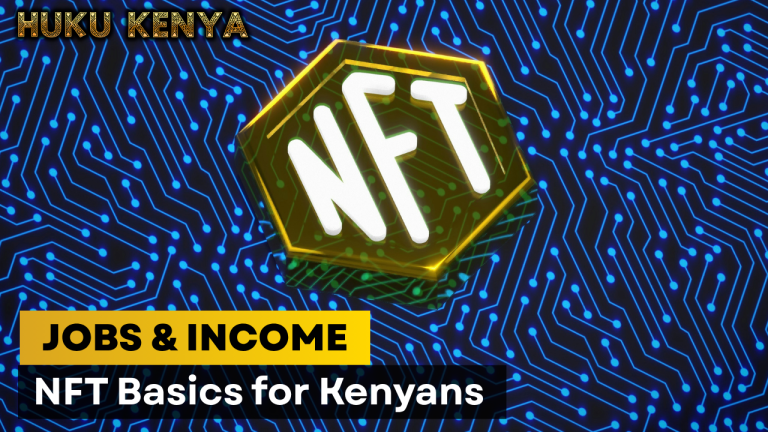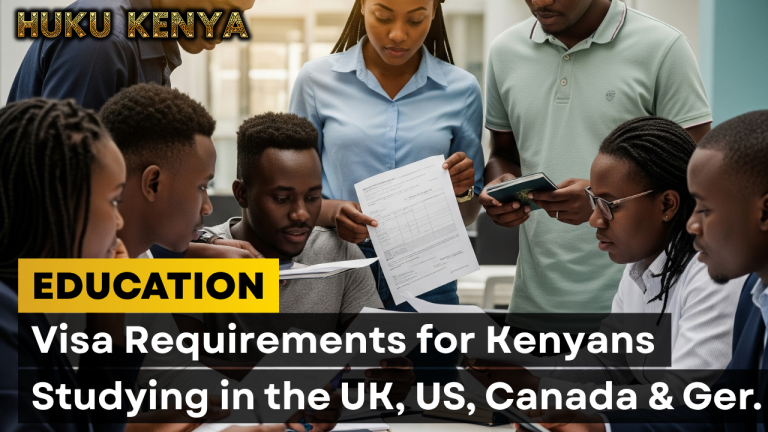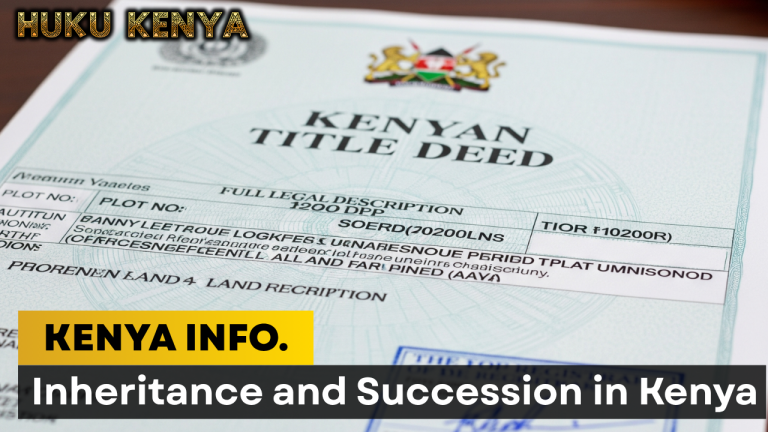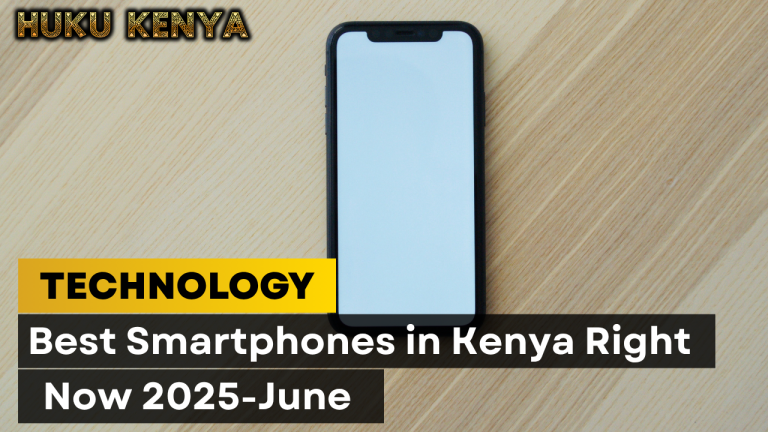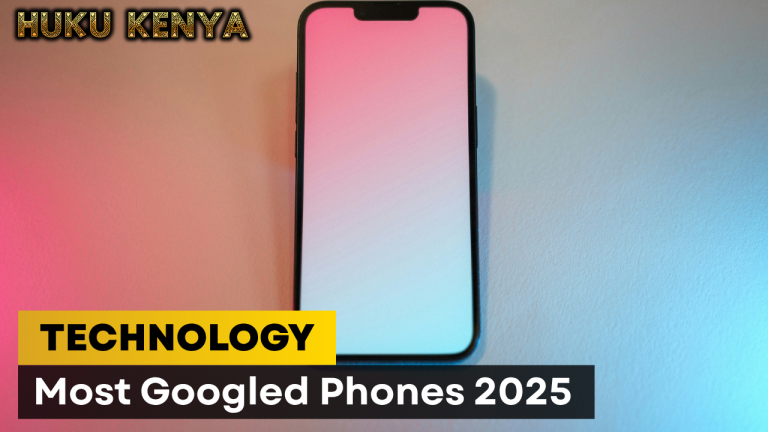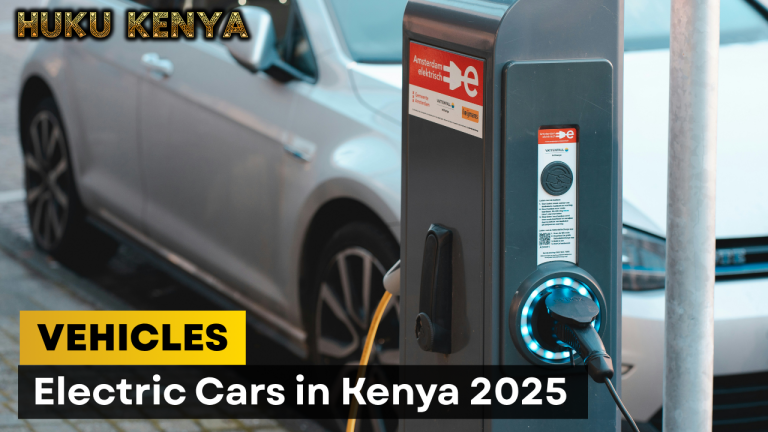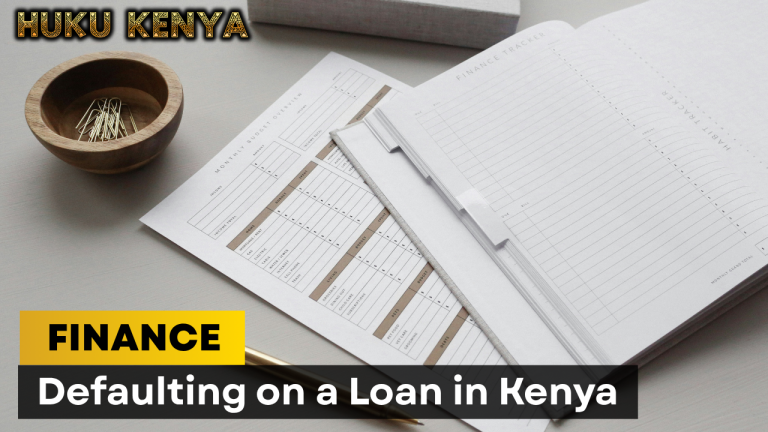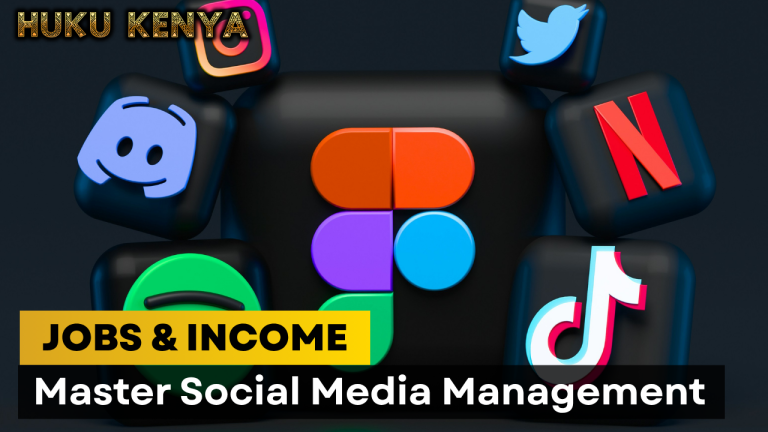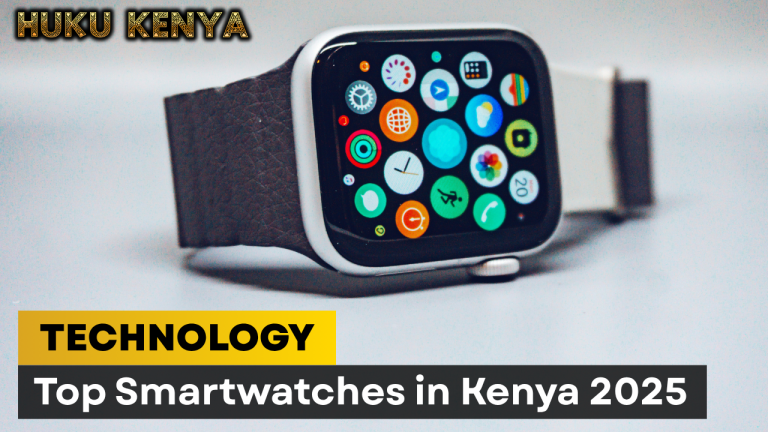
A 2025/26 Survival Guide for Kenyan Students
For thousands of Kenyan students, the Higher Education Loans Board (HELB) is more than just a government agency—it’s a lifeline. HELB loans help cover tuition, accommodation, books, and basic living expenses. But what happens when your loan is delayed or, worse, denied?
In 2025, with the rollout of the New Funding Model (NFM) and increased demand for student financing, many applicants have experienced delays, disbursement issues, or outright rejections. This guide walks you through what to do if your HELB loan hasn’t arrived—or if your application was unsuccessful.
1. First, Understand Why Your HELB Loan Is Delayed or Denied
Before taking action, it’s important to understand the possible reasons behind the delay or denial.
Common Reasons for HELB Loan Delays
- Semester not officially started: HELB disburses funds per semester. If your institution hasn’t updated its calendar, your loan may be held.
- Batch number not yet processed: Loans are disbursed in batches. If your batch number isn’t among those released, you’ll need to wait.
- Incorrect or missing bank details: Mismatched account names or wrong bank codes can delay payment.
- Pending verification: Your application may still be under review, especially under the New Funding Model.
- Institutional delays: Some universities delay confirming student enrollment or semester start dates to HELB.
Common Reasons for HELB Loan Denial
- Incomplete or defective application: Missing documents, signatures, or incorrect information can lead to rejection.
- Ineligibility: You may not meet the academic, age, or citizenship requirements.
- Duplicate applications: Submitting multiple applications can trigger automatic disqualification.
- False information: Providing inaccurate data can lead to permanent disqualification.
- Funding limitations: HELB may prioritize students with greater financial need or those in public institutions.
2. How to Check Your HELB Loan Status
Before assuming your loan is delayed or denied, confirm your status:
a) Online via the HELB Portal
- Visit the HELB Student Portal
- Log in with your email and password
- Navigate to “My Loans”
- Click “View Details” to see your loan amount, batch number, and disbursement status
b) Via SMS
- Send “REGISTER#YourIDNumber” to 5122
- Then send “YourName#YourIDNumber” to 5122 to check your balance or status
c) Via USSD
- Dial *642# on your mobile phone
- Register or log in
- Select “Loan Status” to view disbursement updates
3. What to Do If Your Loan Is Delayed
a) Confirm Your Batch Number
If your loan has been approved but not disbursed, check if your batch number is among those released. For example, batch numbers like 5990, 5991, 5992, and 6047 were processed in January 2025.
If your batch number is not listed, your loan is still pending.
b) Verify Your Bank Details
Ensure that:
- Your bank account is active
- The account name matches your ID
- You submitted the correct bank code and branch
- You uploaded a copy of your ATM card (for government-sponsored students)
If there’s an error, update your details via the HELB App or portal.
c) Contact Your Institution
Ask your university or TVET institution to confirm:
- That your admission and registration have been updated on the HELB portal
- That the semester has officially started
- That your tuition component has been credited to the school account
d) Be Patient (If You’re Under the New Funding Model)
Many first-year students under the New Funding Model are still in their first semester. Since HELB disburses loans per semester, your loan may not be due yet.
4. What to Do If Your Loan Is Denied
a) Review the Rejection Reason
Log into your HELB portal and check for any notifications or messages. Common issues include:
- Defective application (missing signatures or documents)
- Incorrect institution or course details
- Incomplete financial disclosure
b) File an Appeal
If you believe your loan was unfairly denied or the amount is too low:
- Download the Loan Review (Appeal) Form from helb.co.ke
- Fill in the required sections, including updated financial information
- Attach supporting documents (e.g., chief’s letter, medical bills, orphan status)
- Submit the form to HELB offices or via your institution’s Dean of Students
Appeals are reviewed on a case-by-case basis.
c) Apply Again in the Next Cycle
If you missed the deadline or were denied due to ineligibility, you can reapply during the next intake. First-time applications typically open in May–August, while subsequent applications run from September–November.
5. Alternative Funding Options
If your HELB loan is delayed or denied, consider these alternatives:
a) University Bursaries
Most public universities offer internal bursaries. Visit your Dean of Students or Financial Aid Office to apply. Requirements usually include:
- Admission letter
- KCSE certificate
- Parent/guardian ID
- Chief’s letter or proof of hardship
b) County and Constituency Bursaries
These bursaries are administered by Members of Parliament through the Constituency Development Fund (CDF) and by county governments through their respective education or youth affairs departments. They are especially helpful for students in TVETs, colleges, and universities who are experiencing financial hardship.
When to Apply:
- Application windows typically open between January and March each year. Some counties may offer two cycles—one for each semester.
Where to Apply:
- Your local CDF office, ward administrator, MCA’s office, or county education office.
- Some counties publish application forms online (e.g., Nairobi, Mombasa, Kakamega).
Required Documents May Include:
- A completed bursary application form
- Admission letter or student ID
- KCSE certificate or ongoing results/transcript
- National ID or birth certificate
- Parent/guardian ID
- Fee structure from your school
- Passport-size photo
- A letter from your area chief or assistant chief confirming residence and financial hardship
- Death certificate (if orphaned)
- Disability card (if applicable)
Priority is typically given to:
- Orphans and vulnerable children
- Students with disabilities
- Single-parent households
- Marginalized or low-income families
- Students attending public institutions
Once approved, funds are disbursed directly to institutions, and beneficiaries are often listed publicly on community noticeboards or county websites. If you’re not selected, try reapplying in the next cycle or seek clarification from your ward office.
c) NGO and Private Scholarships
In addition to county and university aid, several local and international organizations offer scholarships for Kenyan youth, such as:
- Equity Bank’s Wings to Fly & ELP Program
- KCB Foundation’s 2Jiajiri TVET Scholarships
- Rattansi Education Trust
- Family Bank Foundation Scholarship
- Mastercard Foundation (through partner universities)
- Safaricom Foundation and Mpesa Academy
- County-based NGOs and CBOs that support education
Application requirements and deadlines vary, but most open between November and March. You’ll typically need academic documents, an essay or personal statement, and a recommendation letter.
d) Apply for Work-Study or On-Campus Jobs
Some universities offer work-study programs or part-time jobs for students through departments like:
- Library services
- Administrative offices
- Peer mentoring or tutoring
- ICT or computer labs
- Student hostels
Speak to your Dean of Students or Career Services Office to explore these opportunities. They may not replace a full loan, but can help you stay afloat while waiting for or reapplying for HELB funding.
6. Avoiding Common Pitfalls
Here’s what not to do if your HELB loan hasn’t come through:
- Do not skip classes or defer without exploring alternatives—financial stress is real, but support exists
- Do not engage with middlemen or brokers—all HELB services are free and transparent
- Do not assume disbursement is automatic—you must check your portal and follow up if needed
- Do not submit multiple applications using different IDs or emails—this can lead to a permanent ban
- Do not give up—many successful professionals once faced the same situation and found their way
7. HELB Contact and Support Channels
If you’ve confirmed your status and still need help, reach out via:
- HELB Student Help Centre: Anniversary Towers, Ground Floor, Nairobi
- Official HELB Email: contactcentre@helb.co.ke
- Social Media Handles:
- Twitter/X: @HELBpage
- Facebook: HELB Kenya Official
- Phone Support:
- Call Center: 0711 052 000
- WhatsApp: 0711 052 000 (Monday–Friday, 8 am–5 pm)
- Huduma Centres: Visit the HELB desk at any Huduma Centre countrywide (e.g., Kisumu, Eldoret, Nyeri, Nakuru, Mombasa)
Pro tip: Be patient but persistent. Document your issue (screenshots, receipts, batch numbers) to make follow-up easier.
Final Word
If your HELB loan is delayed or denied, don’t panic—many students face the same challenge. The most important thing is to take action early, seek out alternative funding, and stay engaged with your institution and local offices.


